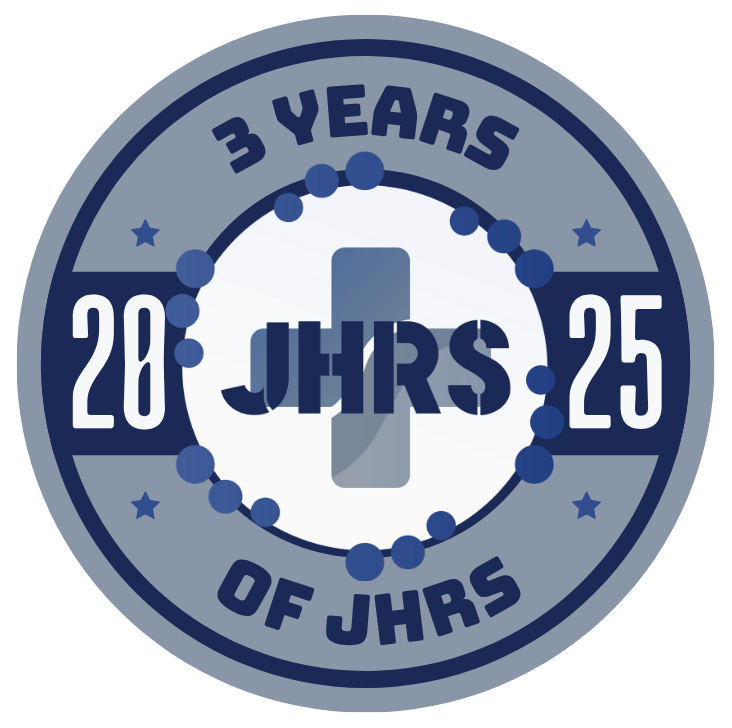Retraction policy
The infringement of the legal limitations of the publisher, copyright holder or author(s), the violation of professional ethical codes and research misconduct, such as multiple submissions, duplicate or overlapping publication, bogus claims of authorship, plagiarism, fraudulent use of data and data fabrication, honest errors reported by the authors (for example, errors due to the mixing up of samples or use of a scientific tool or equipment that is found subsequently to be faulty), unethical research or any major misconduct require retraction of an article. Occasionally a retraction can be used to correct errors in submission or publication. The main reason for withdrawal or retraction is to correct the mistake while preserving the integrity of science; it is not to punish the author.
For any retracted article, the reason for retraction and who is instigating the retraction will be clearly stated in the Retraction notice. Standards for dealing with retractions have been developed by a number of library and scholarly bodies, and this practice has been adopted for article retraction by Journal of Health and Rehabilitation Sciences: in the electronic version of the retraction note, a link is made to the original article. In the electronic version of the original article, a link is made to the retraction note where it is clearly stated that the article has been retracted. The original article is retained unchanged, save for a watermark on the PDF indicating on each page that it is “retracted.”
















